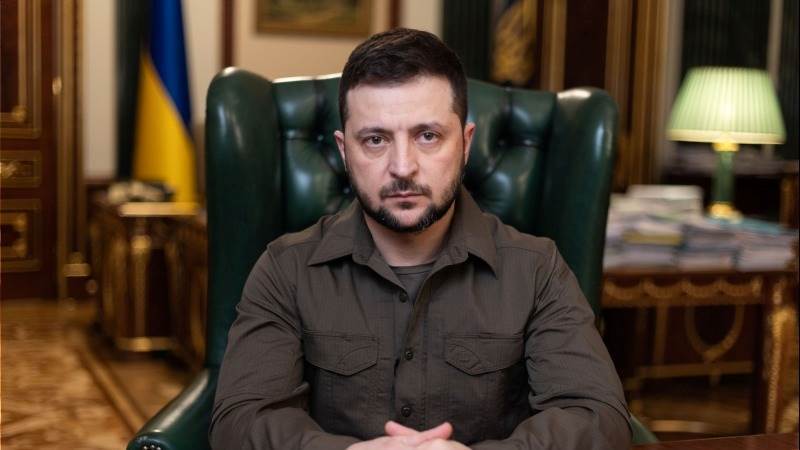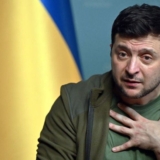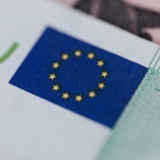Hungary Throws Wrench in Ukraine Aid Plan, Slovakia Raises Corruption Concerns
The recent EU Summit in Brussels took an unexpected turn as Hungarian Prime Minister Viktor Orbán stood firmly against the European Union’s €50-billion plan to provide long-term support to Ukraine. Orbán’s opposition, has cast a shadow over the aid package that is intended to bolster Ukraine’s economy and infrastructure.
Orbán’s sharp criticism of the proposed Ukraine Facility, which includes a substantial portion of non-repayable grants, stirred tensions during the two-day summit. “The Commission wants more money so that they can give it to the integration (of migrants) policy and to the Ukrainians,” Orbán remarked, dismissing the plan’s legitimacy.
Similarly, Slovakia’s newly appointed Prime Minister Robert Fico expressed apprehension regarding the rampant corruption within Ukraine. Despite his reservations, Fico left the door ajar for potential endorsement, provided stringent safeguards are in place to ensure the proper utilization of EU funds in Ukraine’s reconstruction efforts.
However, the implications of Orbán’s vehement opposition are critical, as any changes to the budget require the unanimous agreement of all 27 member states, effectively granting a single country the power to halt the process entirely. This has put the entire budget review in jeopardy, much to the dismay and embarrassment of the European Commission, which has failed to resolve the ongoing standoff between Budapest and Kyiv.
The issue of corruption looms large over Ukraine, with the country ranking poorly in the Corruption Perceptions Index. Despite this, the EU has outlined the fight against corruption as a prerequisite for advancing Ukraine’s bid for EU membership. Fico’s reservations were somewhat softened by his government’s pledge to provide only humanitarian and civilian aid to Ukraine, withdrawing from direct military assistance as promised during his recent election campaign.
The summit’s closed-door discussions witnessed Estonian Prime Minister Kaja Kallas passionately advocating for Ukraine’s cause. “How do you see the future? If we don’t help Ukraine, then what is the alternative, really? I mean, Russia wins. So what happens next? Why do you think that you’re safe then, when we give away Ukraine and don’t support them right now?” Kallas’s poignant questions underscore the gravity of the situation and the urgent need for consensus.
The prospect of Orbán’s resistance derailing the budget review has raised concerns that Russia might exploit the situation to its advantage, potentially altering the dynamics in the region. With the EU at a critical juncture, it remains to be seen whether diplomatic negotiations and compromises can pave the way for a unified stance in support of Ukraine’s stability and sovereignty. As the debate continues, the implications of this impasse extend beyond mere budget discussions, highlighting the broader geopolitical complexities at play in the heart of Europe.





